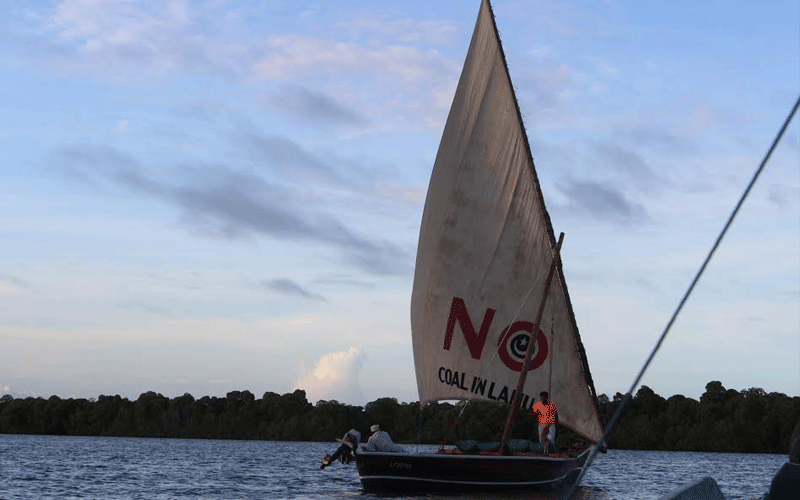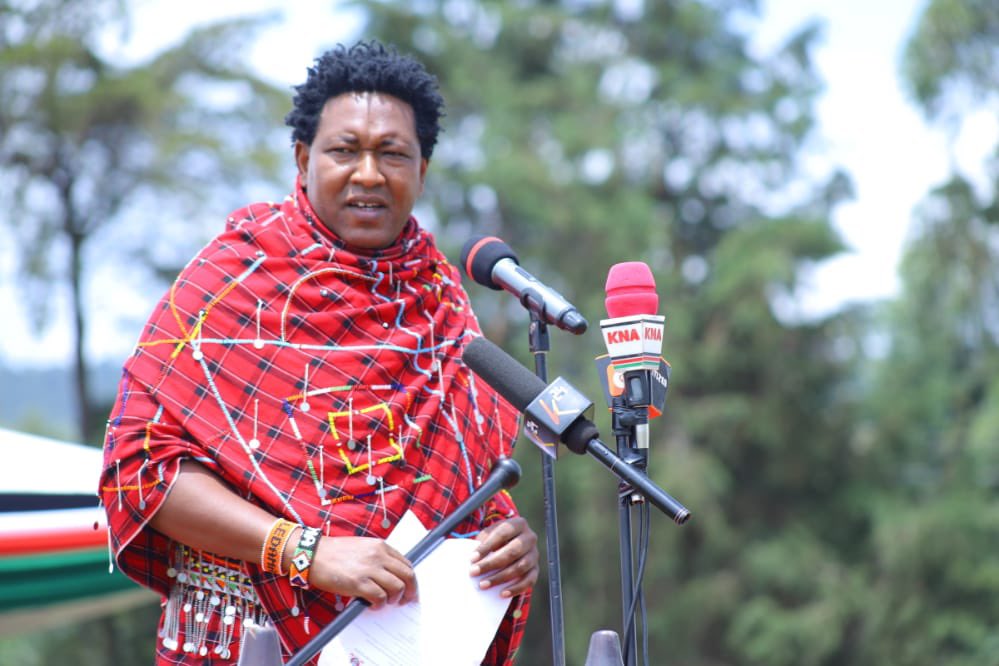Covid-19 turns tide on Lamu’s annual festivals tradition

Due to the ongoing coronavirus pandemic, popular food, arts, yoga and cultural fests that happen in Lamu have either been postponed or straight-up cancelled, other organisers have opted for low key celebrations, which will attract the least number of people for the annual fairs.
Harriet James @harriet86jim
Sounds of jubilation fill the air as young donkey racers strive to cross the finish line.
The cheers engulf the sounds of bodaboda riders as they maneuver their way through the chaos transporting their passengers to various destinations within the island.
Activities here seem normal except that the cheers are only, but a memory of the larger festivals that take place at this time of the month every year.
The most popular November festivals in the historic island include, Lamu Food Festival, Maulid, Lamu Arts Festival, Lamu Yoga Festival with the biggest one being, the Lamu Cultural Festival attracting tourists in droves.
The pandemic has forced organisers to celebrate the festivals in a simple way. In fact, it is youth organisations in Lamu county that have come up some events to ensure young people are kept busy and not engage in drugs.
Engaging in such festivals for most youth, who own dhows in the area is a means of earning extra cash either by ferrying travellers to and from the island or by participating in events.
“We (the sailors) benefit a lot from the festivals, particularly the dhow race, but right now things have changed, because of the pandemic.
We used to gain up to Sh7,000 from the prizes when we participate in the various competitions, and a free sail (the piece of material extended on a mast to catch the wind and propel a boat or ship or other vessel), which costs around Sh30,000.
“Losing the opportunity for a free sail this year is a huge loss for us. We relied on such festivals to get a free one,” says 33-year -ld Mohamed Salim Mohamed, a sailor in Lamu.
More than the pandemic
As a result of low tourist turn out, Mohamed with his colleagues have turned to fishing to cater for their families and other needs.
But even fishing has been affected as it is getting harder and harder to catch fish in the ocean lately.
They are urging the government to come for them in cash and kind as they feel abandoned.
Owner and proprietor of the Floating Bar in Lamu, Fridah Njeri feels that the death of the festivals is not as a result of the pandemic alone.
According to her, the mandate to organise such festivals should shift from the county government to a stakeholders group, which can be trusted with the task to faithfully and consistently plan them.
“Before, we had the Lamu Tourist Association (LTA), which for 20 years was in charge of ensuring that the festivals run smoothly, but since the county government took over the events, there has been a go slow on the whole affair.
Everyone feels like we need someone who can collect money and ensure that the festivals happen without fail,” she points out.
She adds that most sponsors feel their money would be misappropriated if they funded the events through the county government.
In addition, the county tourism ministry was merged with the infrastructure ministry, thus affected the efficiency of the department in the region.
They are now in discussions to start their own event to bring life to Lamu once again. “Last month, when I was launching the reopening of the floating bar, I organised a dhow race.
I had eight dhows, so I called a few friends, who helped contribute cash to support the race.
That is what I feel we should do to revive the events and promote Lamu as a tourist destination,” she notes.
“We have had over 90 per cent cancellations or deferred bookings due to Covid-19 fears, forcing us to drop our rates,” says Caragh Roberts, Co-owner Manda Bay resort, which reopened in the beginning of August.
Keeping hope alive
However, even with the death of festivals, all is not lost in the region. Tourism industry players in the island have much gratitude to visitors from Nairobi county, who have flocked Lamu for a breathe of fresh air away from the hustle and bustle of the city life.
Additionally the opening of the borders in August has resulted in the availability of flights such as Safarilink, which flies to the region 10 times a week at a cost of Sh3,999.
The airline has been running campaigns to assure Kenyans of their safety when they travel to destinations such as Lamu by air.
“The thing about aircrafts is they have High Efficiency Particulate Air (HEPA) filters that takes care of viruses and bacteria.
We are glad these measures are slowly changing Kenyans’ attitude with regards to air travel,” Safrilink CEO, Alex Avedi notes.
The pandemic has also seen the tourism industry in the region come together to promote and recommend each other to locals.
Travel agents have also been credited for bringing tourists to the region. Hotels and apartments have reduced accommodation charges to woe even more domestic travellers.












